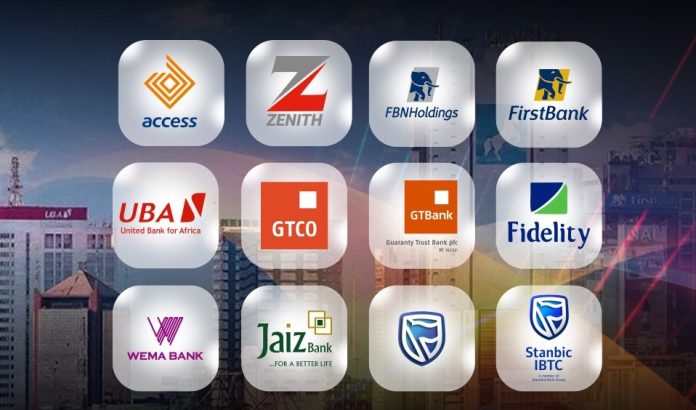From 2026, banks in Nigeria will start reporting all accounts with monthly transactions above ₦5 million to tax authorities.
The new rule is part of the 2025 Tax Reform Act, already signed into law. It puts commercial banks at the centre of Nigeria’s fiscal reform.
Announcing the policy, the National Orientation Agency (NOA) posted on X: “This measure is part of broader reforms to ensure that taxable income does not escape regulatory oversight.”
The law is to boost transparency, reduce financial malpractice, and align Nigeria with global tax practices.
Exemptions for Low-Income Nigerians
As part of the reform, some relief has been introduced to protect the vulnerable.
Personal income tax will now only apply to those earning more than ₦800,000 annually. That’s about ₦66,667 per month. Previously, the limit was ₦500,000.
Also, under Section 31 of the Act, capital gains from selling your primary residence will not be taxed.
If you receive compensation up to ₦10 million due to injury, job loss, or defamation, it will now be tax-exempt, thanks to Section 50.
The idea is to create a fairer tax system—one that supports the poor while making high earners more accountable.
VAT Distribution Favouring Active States
Another big change is the new formula for sharing VAT among governments.
From 2026, the Federal Government will get just 10%, down from 15%. States will take 55%, up from 50%, and local governments will continue to receive 35%.
Among states, the share is further broken down: 50% will be split equally, 20% by population, and 30% based on how much VAT their residents consume.
This model favours large, high-spending states like Lagos and Rivers.
Many believe this will encourage states to improve internal revenue and economic activity. “It’s a smart way to reward consumption and strengthen state economies,” one tax analyst said.
Still, some financial institutions and privacy groups want clear rules for data protection. They fear abuse if sensitive transaction data is not well managed.
Rate, Like 👍, Comment💬, share this article, Follow us on our social media handles, and Submit your own story to get featured and earn rewards!








Noted. Will it also report the accounts of the presidency, senate and etc, or are some people exempted?